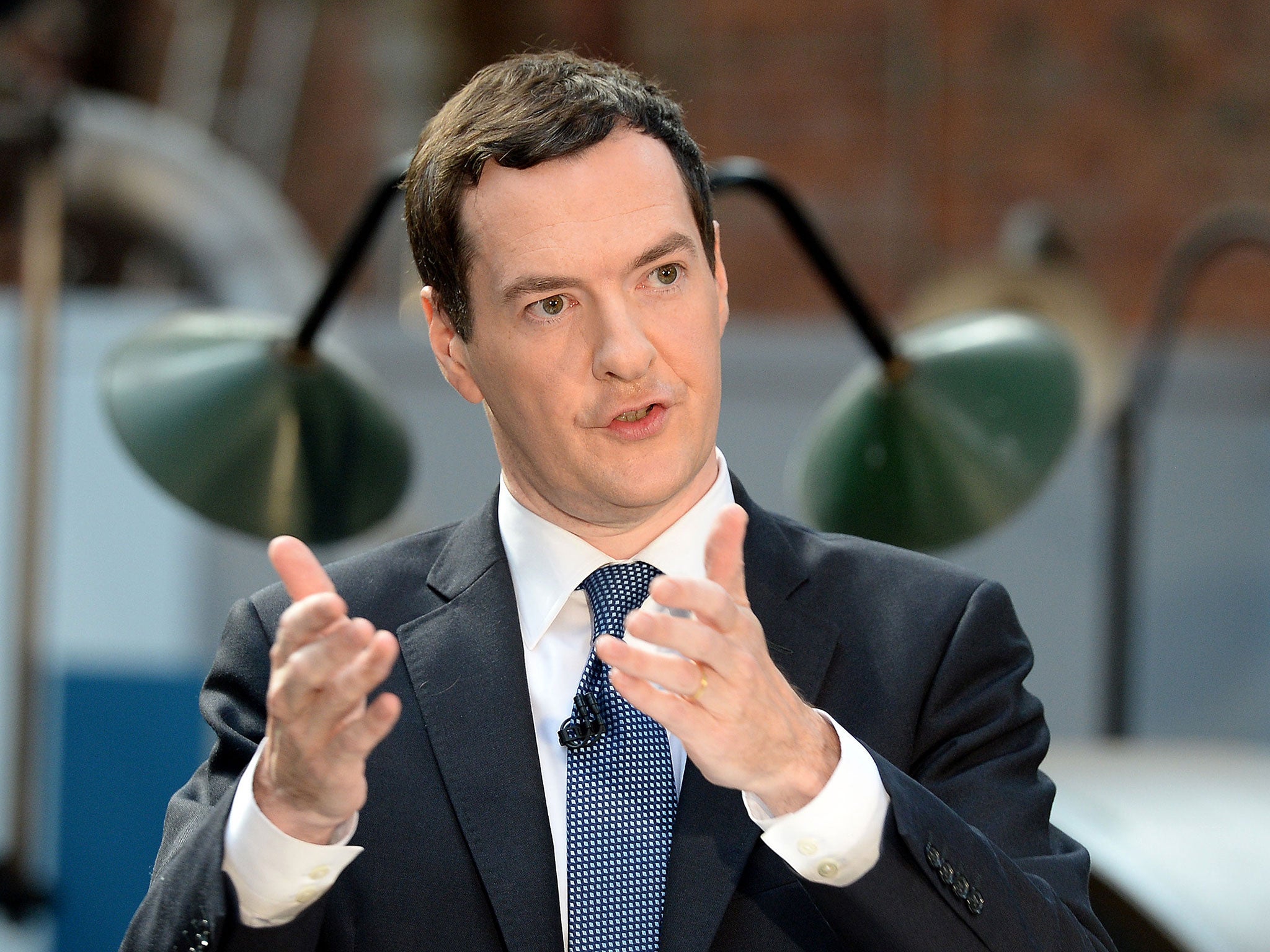The big revisions are in.
The Office for National Statistics released the full results of its overhaul of the national accounts this morning to comply with standardised EU rules (nobody tell Nigel Farage).
This means that the national accounts now include estimates of output from activities such as prostitution and drug dealing and also treat research spending by firms as investment rather than consumption.
So what do they revisions show us?
First, we now know that the economy returned to its pre-crisis peak in the third quarter of 2013, rather than the the second quarter of 2014:
The level of GDP is now 2.7 per cent above the peak, rather than the 0.2 per cent we thought previously.
Growth under the Coalition has been better than we thought too, with cumulative GDP up 7 per cent, rather than 5.9 per cent:
Note, however, that there was still a clear flat-lining of GDP in 2011.
Looking at the quarterly GDP revisions it’s clear that the recession was considerably shallower than previously thought:
There were some upward revisions in the first two years of the Coalition. But those who hoped for significant upgrades over the past year and a half have been disappointed, as this shows:
How about international comparisons?
Looking at the period since the 2008 global financial crisis the revisions push us from third to last to joint third best in the G7, overtaking Japan and France:
Over the period since the Coalition was formed the revisions move us ahead of Germany in GDP performance:
So did the UK economy do well after all?
Well, compared to a crisis-struck eurozone it does now looks better. Although bear in mind that Germany, France and Italy may revise up their own real GDP growth levels when their own statisticians get round to implementing the new EU standards.
Moreover, when the recovery is set in a domestic historical context it still looks dire.
This recovery has still been the slowest since the Second World War, taking 22 quarters to get back to peak:
And as this chart from Fathom Consulting makes clear, the upward GDP revisions don’t make the dreadful productivity (output per hour worked) performance of the economy look that much better:
Compared to the US our productivity has gone nowhere.
In truth, as I wrote earlier this month when we got some early estimates of the impact of the revisions, none of these statistical changes will decisively shift the debate about whether fiscal policy under the Coalition has been too tight.
They are also unlikely to have much impact on the Bank of England’s decision on the timing of the next interest rate rise given one can draw different conclusions about the level of slack in the economy from this new data.
Some of the detail in the revisions today were probably more interesting.
In particular, it now looks that business investment, which has been revised to incorporate firms’ research and development spending, has performed considerably better since 2008:
In a longer context an upward trend finally seems to be materialising:
If we are to see a re-balancing of the economy, that’s precisely what we need.
Let’s hope it’s sustained.

Join our commenting forum
Join thought-provoking conversations, follow other Independent readers and see their replies
Comments